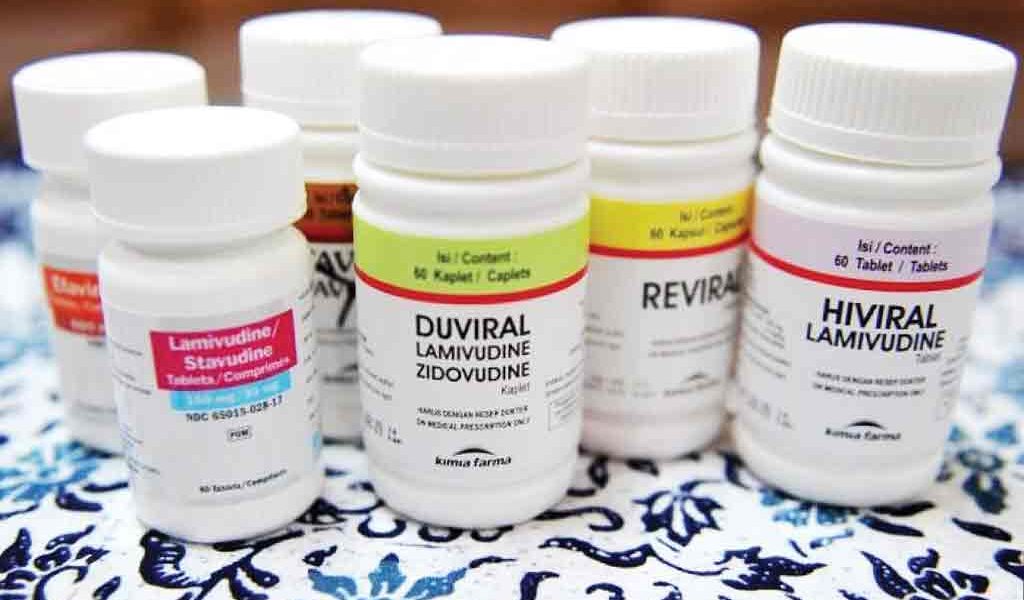- The treat all programme was launched last year June
- About a Billion Pula already spent to get it running
KAGO KOMANE
It will cost the government over P1 billion annually to sustain the recently adopted ‘Treat All Program’ for HIV positive patients in Botswana. This is after the World Health Organization (WHO) recommended the use of dolutegravir as alternative first-line HIV treatment in 2015. The medicine is reported to be an integrase inhibitor, which prevents viral DNA from integrating into the genetic material of human immune cells.
Last year (2016), the government of Botswana adopted WHO’s new guidelines on treatment of HIV which advises countries that anyone infected with HIV should begin antiretroviral treatment immediately after diagnosis. With its “Treat-All” recommendation, WHO promised to remove all limitations on eligibility for antiretroviral therapy (ART) among people living with HIV; all populations and age groups are now eligible for treatment.
This has however come at a hefty price to the government. According to Public Health Director at the Ministry of Health and Wellness, Dr. Haruna Jibril, since the programme was launched last June, the ministry has already spent about a billion pula to keep it running.
He however said the overall benefit of “Treat All” is to improve treatment outcome, reduce new HIV infections and cut the cost of HIV care in the long run, “since the launch of “Treat All” on June 3rd last year, a total of 24,642 patients have been put on ARV treatment in 2016 compared to 15,847 in 2015. P1,170,359,833.1 has so far been spent on ARV drugs while P550,000 was spent on the launch and Adverts.”
He said for the government to continue treating all HIV patients regardless of their CD count, the program needs P 879, 447,430.00 for drugs plus P 200,000,000.00 for programming annually.
According to WHO, the expanded use of antiretroviral treatment was supported by findings from clinical trials confirming that early use of ART keeps people living with HIV alive, healthier and reduces the risk of transmitting the virus to partners.
The organization also recommended that people at “substantial” risk of HIV should be offered preventive antiretroviral treatment. This new recommendation built on 2014 WHO guidance to offer a combination of antiretroviral drugs to prevent HIV acquisition, pre-exposure prophylaxis (PrEP), for men who have sex with men. Following further evidence of the effectiveness and acceptability of PrEP, WHO has now broadened this recommendation to support the offer of PrEP to other population groups at significant HIV risk.

